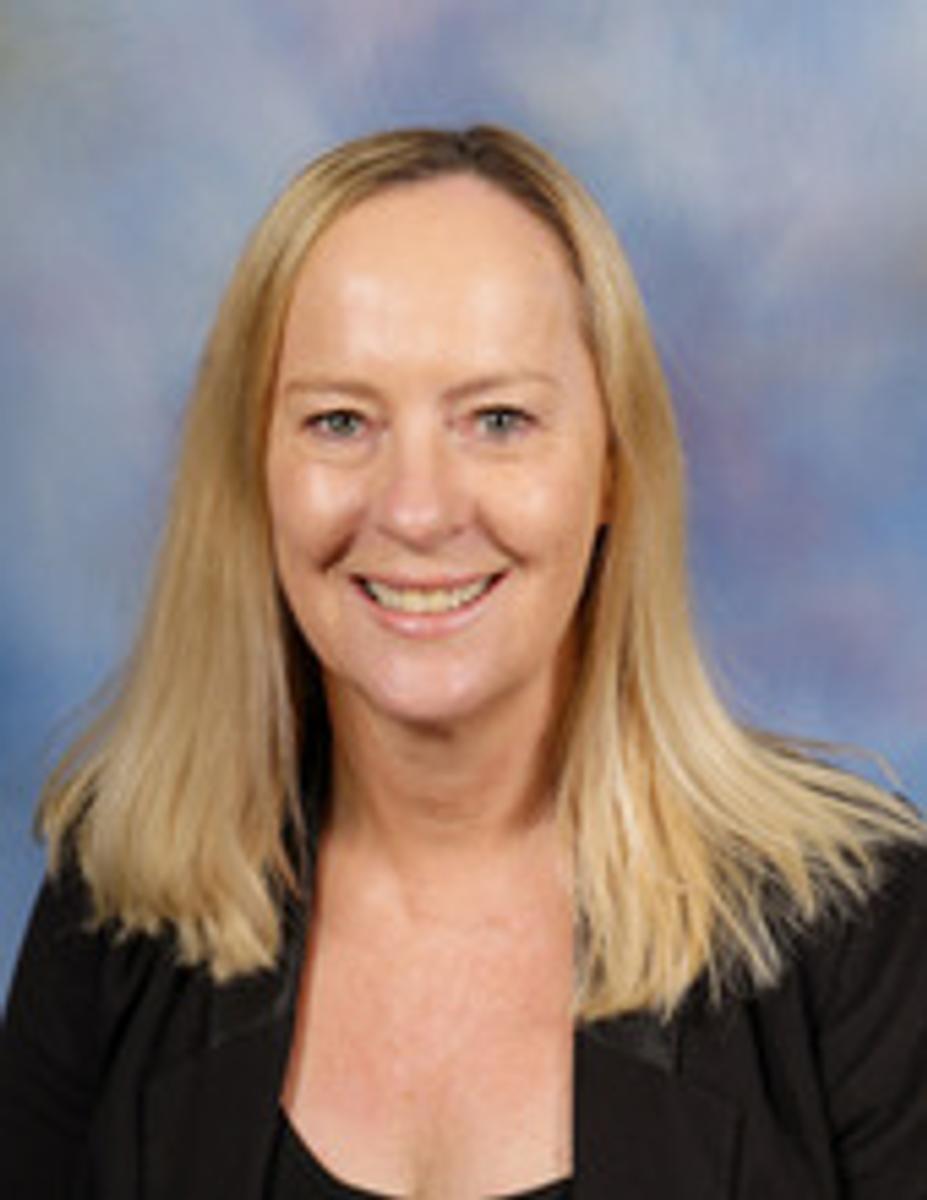Positive Education

Positive Education and Student Well-being
Positive Education in schools aims to encourage our students not to just grow and learn but to ‘flourish’ – to find their strengths and to adopt a growth mindset approach to learning.
As educators, parents and guardians, we are all aware that mental health is one of the key issues among young people across the globe and there is a significant call to address wellbeing in schools – Positive Education looks at building wellbeing capabilities among young people, so they have the skills and strategies for resilience and to cope with the challenges they face but it also focuses on giving them the capacity to realise their potential. “It’s about saying, ‘How can we enable them to thrive even with struggles?”
We want our students to become EPIC learners, students who engage positively, investigate and create.
Student Voice and Agency
Positive Education also focusses on encouraging student voice and action by encouraging students to represent their peers, to be engaged in their school and the wider community and to develop their social and intercultural awareness.
Amplify is a student voice, agency and leadership practice guide created by the Victorian Department for Education and Training which outlines the core goals of student voice:
Young people who find their own voice in supportive school environments are more likely to develop a confident voice, a capacity to act in the world, and a willingness to lead others. By empowering students we enhance student engagement and enrich their participation in the classroom, school and community. We help students to ‘own’ their learning and development, and create a positive climate for learning.
Reflecting on Black Lives Matter in 2021
Last year we witnessed one of the most widespread and vocal calls for social change in modern history, reflected in the #BLM day at Epping which saw our awesome student voice in loud and proud action. When the BLM protests happened, some people were surprised, even upset, that Australia was participating in a protest that originated in America. But it wasn’t just Australia that felt the need to support this movement, it was millions and millions of people across the globe, which spoke to the deep-seated desire to challenge racism, discrimination and injustice that diminishes all of us when we stay silent. It spoke to the deep-seated understanding that while all lives matter, black lives were and continue to be, challenged and marked by the ugly stain of racism in a way white lives are not.
The BLM protests encouraged Australians to reflect on our own history and to remind ourselves that Australia is a land taken from our First Nations peoples, a people who have the oldest continuous culture in the world, without treaty or compensation and this has led to systemic and entrenched racism and discrimination against our First Nations peoples. It reminded us we still need to do more to combat the suffering and pain of those who experience racism and discrimination because of the colour of their skin.
Australia is widely considered to be the most successful multicultural country in the world – and we have much to be proud of.
But this doesn’t mean that there are no racial issues in our country and in our schools.
We need to challenge racism at every step – we need to stand up for those who are vulnerable – and we need to speak up when we hear racial slurs and discrimination in our streets, in our workplaces and in our schools.
Epping Secondary College has a deep commitment to providing a safe, welcoming and inclusive environment for all of our students – let’s keep working to make sure our community is tolerant, welcoming, diverse and inclusive.
We acknowledge the Traditional Custodians of the land and pay our respects to Elders past, present and emerging.
We celebrate, value and include people of all backgrounds, genders, sexualities, cultures, bodies and abilities.
Colleen Hart
Positive Education Coordinator
Why do members of the LGBTQ community need to come out?
These days, modern day films glorify the idea of coming out and create the narrative that it is one of the most significant moments in a gay person’s life. But in reality, it can be quite dehumanizing. Having to seek validation for something that you can’t control is dehumanizing in itself and makes closeted teens feel as if they need to be accepted. After all, heterosexual people don’t need to come out in a big gender reveal, so why should lgbtq+ people? It treats queerness as something that is “outside of the norm” and as something that needs to be announced. You don’t owe anyone an explanation for who you are and who you love. You are valid either way.
Focussing on the need to come out through queer films such as Love, Simon suggests that everyone is straight until said otherwise. This therefore assists in the on-going normalisation of heterosexual orientations which makes it difficult for lgbtq+ lifestyles to be recognised as well as normalised. These marginalised groups are being told that they need to go around with a big sticker on their head, announcing who they love or else their existence isn’t valid. Queer people shouldn’t need to feel ostracised and abnormal because of who they love.
Finding out your sexuality and sharing it with others doesn’t change who you are and it definitely doesn’t dictate your personality. Often the stereotype is that if your son is gay, he is going to be this feminine flamboyant guy who only has friends who are girls. But times have definitely changed. It has been statistically proven that Generation Z (currently between the ages of 6-24) has the highest rate of people identifying as lgbtq of all time, which translates to one in six adults– so, roughly, four students in each classroom already do, or will do so in the future, identify as lgbtq+. There are masculine gays just like there are feminine lesbians, it doesn’t change anything. So what if your son is a feminine gay? Why should it matter either way? If you say you’re accepting of the lgbtq+ community, you wouldn’t care either way if they’re more feminine or more masculine. Millenials are known as the gender-fluid generation, so it’s time to ditch the labels. Coming out doesn’t change who you are because you’re the exact same person.
Furthermore, for most people, love is considered a spectrum. But for some reason society likes to categorise and label others so they can see things clearer. Announcing to the world your label can confine you to a box and a long list of stereotypes that society expects you to abide by. It isn’t fair. People should just be allowed to be themselves and not feel as if they need to measure up to these absurd societal expectations. Believe it or not but I actually like football! I also love Metallica, baggy sweatshirts and cars. Oddly enough I can pull this off whilst still being gay. But I also love the idea of getting creative with make-up, clothing and wearing crop tops. It doesn’t change who I am! But people still feel the need to conform to these stereotypes and the labels that coming out encourages.
Although I don’t agree with the idea of coming out, if you’re thinking of coming out soon, I have listed some resources below that give advice on this process. For parents I have also listed a ‘how to react’ guide if your child comes out to you. You want them to know that you accept them regardless and it doesn’t change who they are. Often queer teens will find themselves seeking validation from their parents when coming out, so it is essential that parents encourage acceptance.
In summary, although I believe coming out can be dehumanizing and unnecessary, in some cases it can be a very healthy thing to do. If you know you have a supportive family that is accepting and loving, it can really bring people closer together. However, no one should feel as if they need to justify and explain who they are or who they fall in love with. You are valid either way.
Adam Comptin-Robins
College Vice Captain
Parents:
https://www.itspronouncedmetrosexual.com/2016/04/when-someone-comes-out-to-you-do-dont/
https://lgbtrc.usc.edu/resources/comingout/moretips/
Children:
https://lgbtrc.usc.edu/resources/comingout/tips/
https://www.healthline.com/health/how-to-come-out#before
A Message on Racism
Within society today all young individuals can challenge racism through becoming educated about the negative impact racism has on those around them, as well as when and what they can do if they see or hear it. In order to move forward and progress in the world, we must not hide away from subtle jokes with friends, stereotypes or harmful actions against others. We must be able to call out such behaviour and emphasise the importance of learning to do and to be better. As a cohort of young individuals we cannot pretend that racism does not exist, we must acknowledge the issue and try our best to do what we can to eliminate racism.
Madison Sami
Culture and Diversity Captain
Challenge Racism
Racism has long been a frequent issue among societies for hundreds of years and every so often the world is reminded of how serious this issue is. 2020 was not only a year filled with what felt like an endless quarantine. In May of last year, the world was also devastated by the events that highlighted the systemic racism still prevalent in society.
In Australia, statistics have shown that Aboriginal and Torres Strait Islander people are 10 times more likely to die in custody than non-Indigenous people in Australia and this is just one example of the racism that exists in our community.
Racialized policing has been an ongoing problem within the Indigenous and African-Australian community. Within Australia, Indigenous people are routinely incarcerated at disproportionate rates to the broader community, creating negative stereotypes that carry on and affect the lives of Indigenous and African-Australian.
Last year there were protests against institutionalized racism all around the world, including Melbourne. This movement allowed many people to come together to protest and to unite to support a cause they all believed in.
Within our community, it is important to continue to call out racist 'jokes', statements, as well as derogatory and discriminatory language. Racism is not just a trend on Twitter, a meme on Instagram, or a viral video on TikTok.
Racism is real. Racism affects many people and it is time for many of us to recognize and to understand our privileges.
When we all work together, we can achieve many things and the start to overcoming racism will come if we all come together and fight the destructive affects of racism that have affected so many, for so many generations.
Winnie Ingabire
12H








